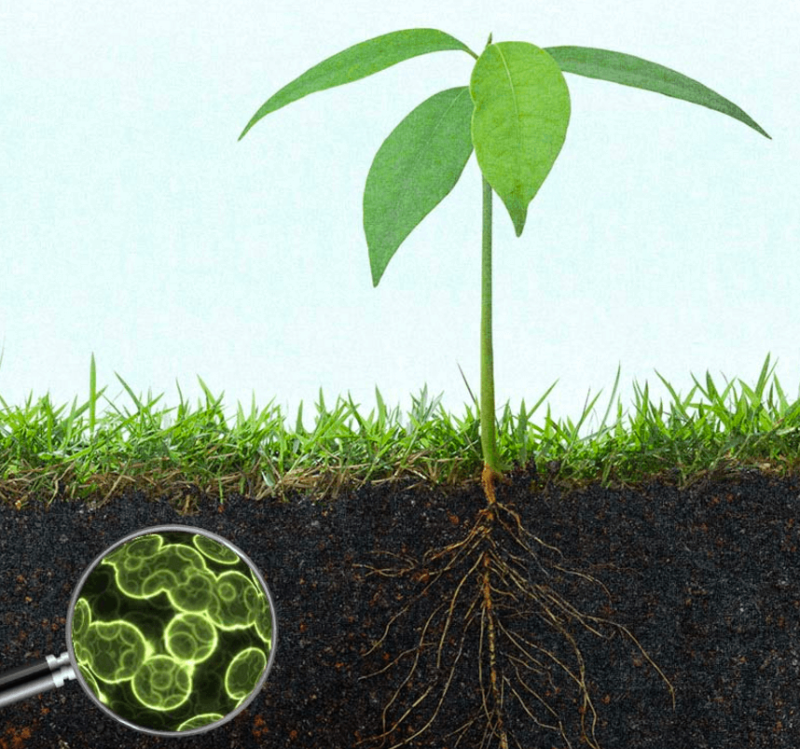Industrial fertilizers help feed billions of people every year, but they remain beyond the reach of many of the world’s poorest farmers. Now, researchers have engineered microbes that, when added to soil, make fertilizer on demand, producing plants that grow 1.5 times larger than crops not exposed to the bugs or other synthetic fertilizers. The advance, reported … at a meeting of the American Chemical Society, could help farmers in the poorest parts of the world increase their crop yields and combat chronic malnutrition.
…
It doesn’t just work in the lab: [Harvard University chemist Daniel] Nocera reported yesterday at the meeting that when he and his colleagues put their engineered Xanthobacter in solution and used that solution to water radish crops, the vegetables grew 150% larger than controls not given either the bugs or other fertilizers.
…
It may even be one that could help many of the world’s poor. Nocera says Harvard has licensed the intellectual property for the new technology to the Institute of Chemical Technology in Mumbai, India, which is working to scale up the technology for commercial use around the globe.
The GLP aggregated and excerpted this blog/article to reflect the diversity of news, opinion, and analysis. Read full, original post: Genetically engineered microbes make their own fertilizer, could feed the world’s poorest
For more background on the Genetic Literacy Project, read GLP on Wikipedia































